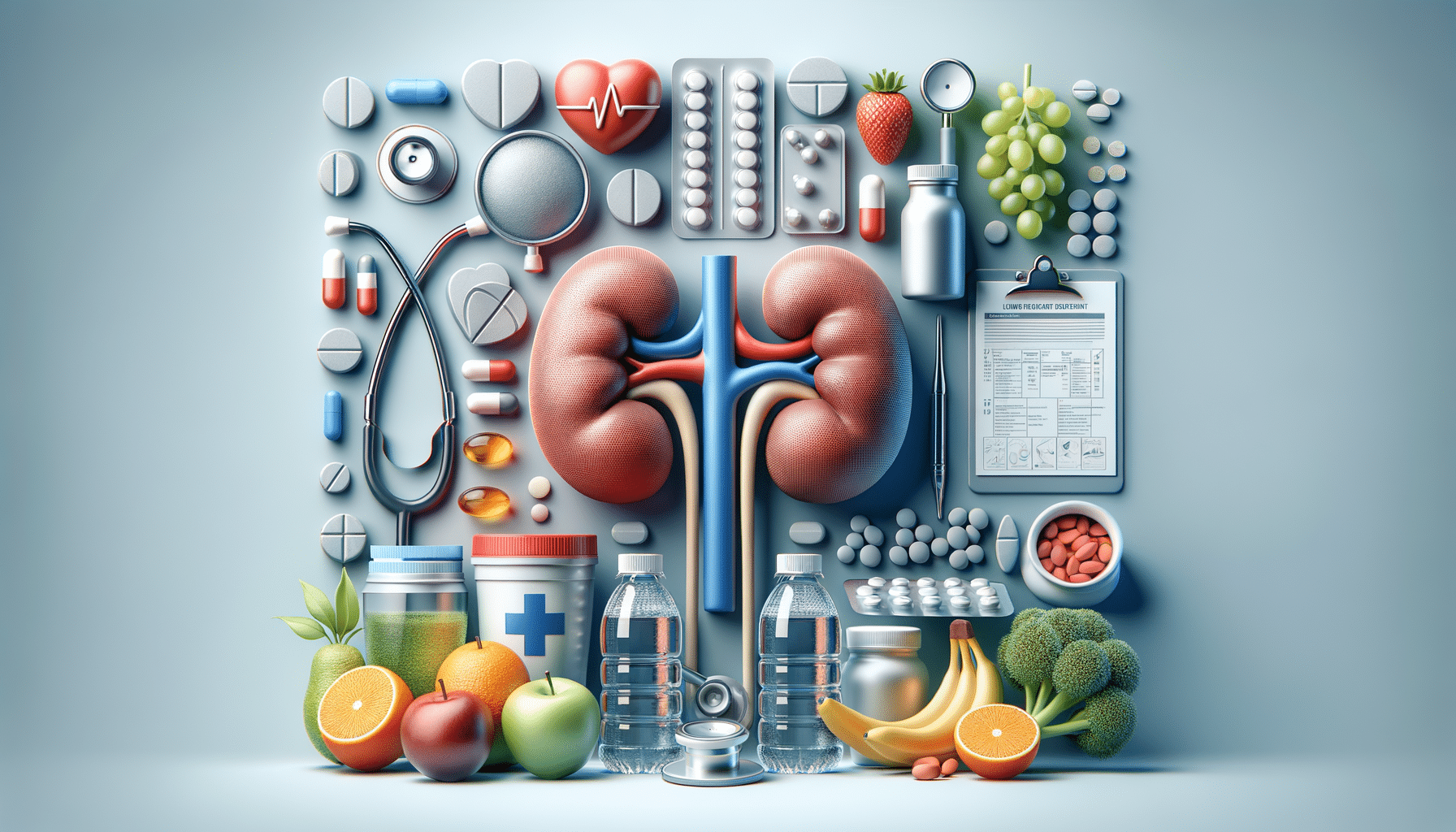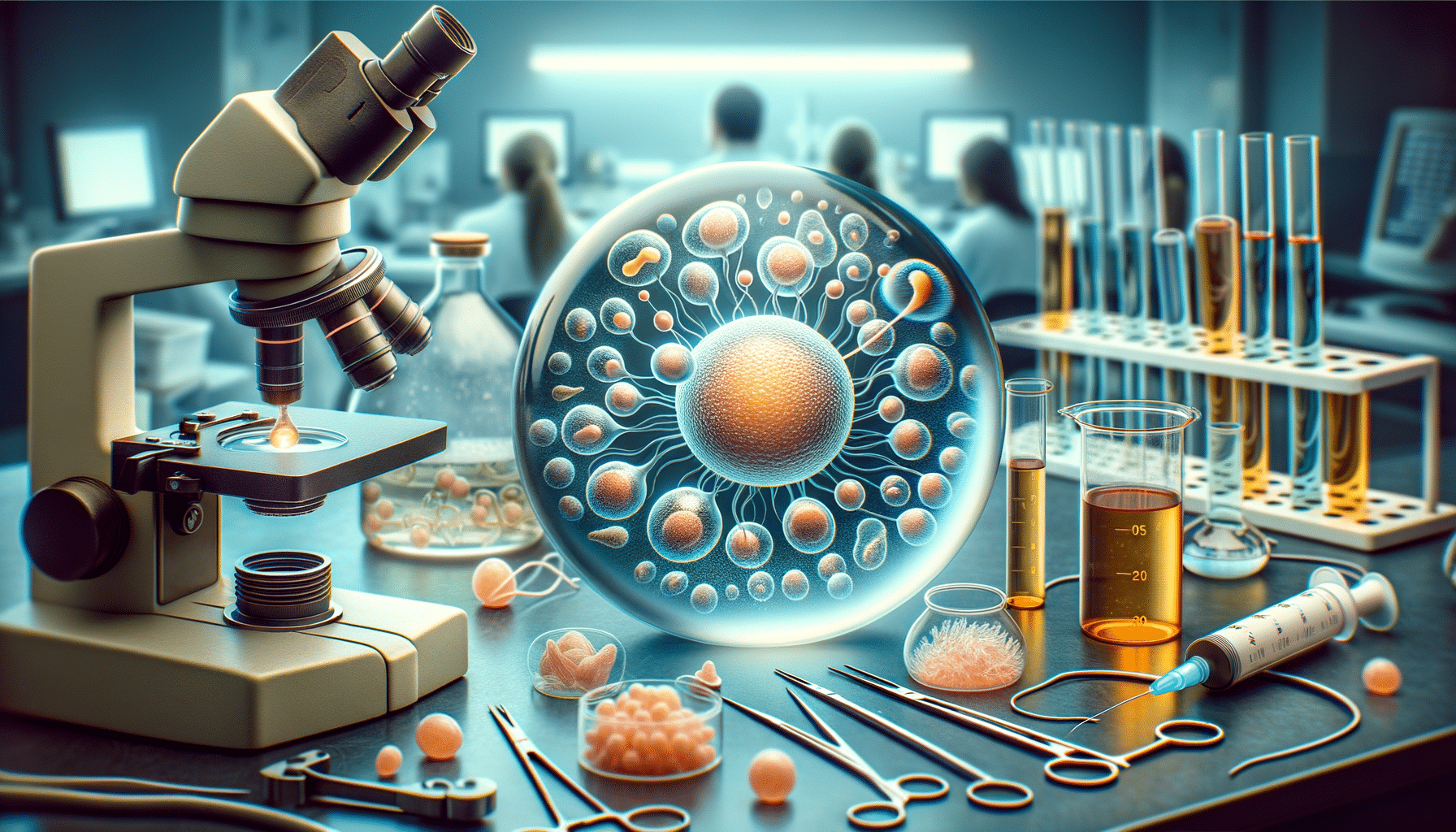
Caring for Your Kidneys
Introduction to Kidney Disease
Kidney disease is a prevalent health issue affecting millions worldwide. It involves the gradual loss of kidney function over time, which can lead to serious health complications if not managed properly. The kidneys play a crucial role in filtering waste and excess fluids from the blood, maintaining a balance of electrolytes, and regulating blood pressure. Understanding the importance of kidney health and the options available for treatment is essential for those affected by this condition.
The significance of kidney disease treatment cannot be overstated. With advancements in medical science, various therapies have emerged, offering hope and improved quality of life for patients. This article delves into the different aspects of kidney disease treatment, providing insights into the latest therapies and management strategies.
Understanding Kidney Disease Stages
Kidney disease is categorized into five stages, each reflecting the severity of the condition. Early detection and management are critical in slowing the progression of the disease. The stages are determined by the glomerular filtration rate (GFR), a measure of how well the kidneys are filtering blood.
In the early stages, lifestyle modifications and medications can effectively manage the condition. Patients are often advised to maintain a healthy diet, exercise regularly, and avoid substances that can harm the kidneys, such as excessive salt and certain medications. As the disease progresses to stages three and four, more intensive interventions may be necessary, including medications to control blood pressure and blood sugar levels.
Stage five, also known as end-stage renal disease (ESRD), requires more aggressive treatment options, such as dialysis or kidney transplantation. Understanding the progression of kidney disease and the appropriate interventions at each stage is crucial for effective management.
Dialysis: A Lifesaving Treatment
Dialysis is a vital treatment option for individuals with advanced kidney disease. It involves the artificial removal of waste products and excess fluid from the blood, compensating for the impaired function of the kidneys. There are two main types of dialysis: hemodialysis and peritoneal dialysis.
Hemodialysis is typically performed in a clinic or hospital setting, where a machine filters the blood through a dialyzer. This process usually occurs three times a week, each session lasting several hours. Peritoneal dialysis, on the other hand, can be done at home. It involves using the lining of the abdomen, the peritoneum, as a filter to clean the blood. Patients with peritoneal dialysis often appreciate the flexibility it offers, allowing them to maintain a more normal lifestyle.
While dialysis is a lifesaving treatment, it requires significant lifestyle adjustments and can be physically demanding. Patients must adhere to a strict schedule and dietary restrictions to ensure the effectiveness of the treatment. Support from healthcare professionals and loved ones is crucial in helping patients navigate the challenges of dialysis.
Kidney Transplantation: A New Lease on Life
For many patients with end-stage renal disease, kidney transplantation offers the opportunity for a new lease on life. It involves surgically placing a healthy kidney from a donor into the patient’s body, allowing them to regain normal kidney function. Transplants can come from living or deceased donors, with living donor transplants often having better outcomes due to the shorter waiting time and reduced risk of complications.
Kidney transplantation requires careful consideration and preparation. Patients must undergo a thorough evaluation to determine their suitability for the procedure. Post-transplant, patients need to take immunosuppressive medications to prevent rejection of the new organ. These medications come with their own set of side effects, making regular follow-up with healthcare providers essential.
Despite the challenges, kidney transplantation can significantly improve the quality of life for recipients. It offers freedom from dialysis and a chance to return to a more normal lifestyle. However, the availability of donor kidneys remains a challenge, highlighting the importance of organ donation awareness and advocacy.
Innovative Therapies and Future Directions
The field of kidney disease treatment is continually evolving, with research and innovation paving the way for new therapies. One promising area of research is regenerative medicine, which explores the potential of stem cells to repair damaged kidney tissue. Although still in the experimental stages, this approach holds great promise for the future of kidney disease treatment.
Another area of interest is the development of wearable artificial kidneys. These devices aim to provide continuous dialysis, offering patients greater freedom and flexibility compared to traditional dialysis methods. While still under development, they represent a significant advancement in the management of kidney disease.
Furthermore, personalized medicine is becoming increasingly important in treating kidney disease. By tailoring treatments to the individual patient’s genetic makeup and specific condition, healthcare providers can improve outcomes and reduce the risk of complications. As research progresses, these innovative therapies have the potential to transform the landscape of kidney disease treatment.
Conclusion: Empowering Patients Through Knowledge
Managing kidney disease requires a comprehensive approach that combines medical treatment, lifestyle modifications, and patient education. By understanding the various treatment options available, patients can make informed decisions about their care and work collaboratively with healthcare providers to achieve the best possible outcomes.
From dialysis and transplantation to emerging therapies, the landscape of kidney disease treatment is continually evolving. Staying informed about the latest advancements and being proactive in managing the condition can empower patients to take control of their health and improve their quality of life.
Ultimately, the journey with kidney disease is unique for each individual, and having access to reliable information and support can make a significant difference in navigating this challenging path.


